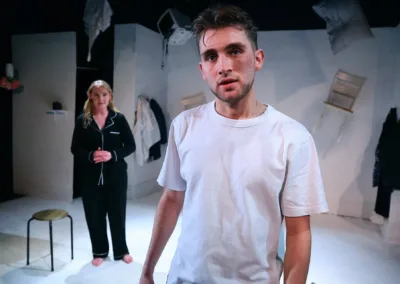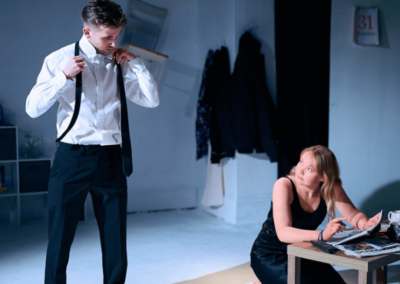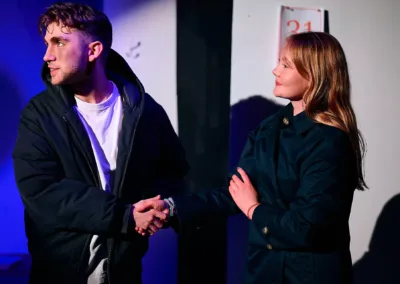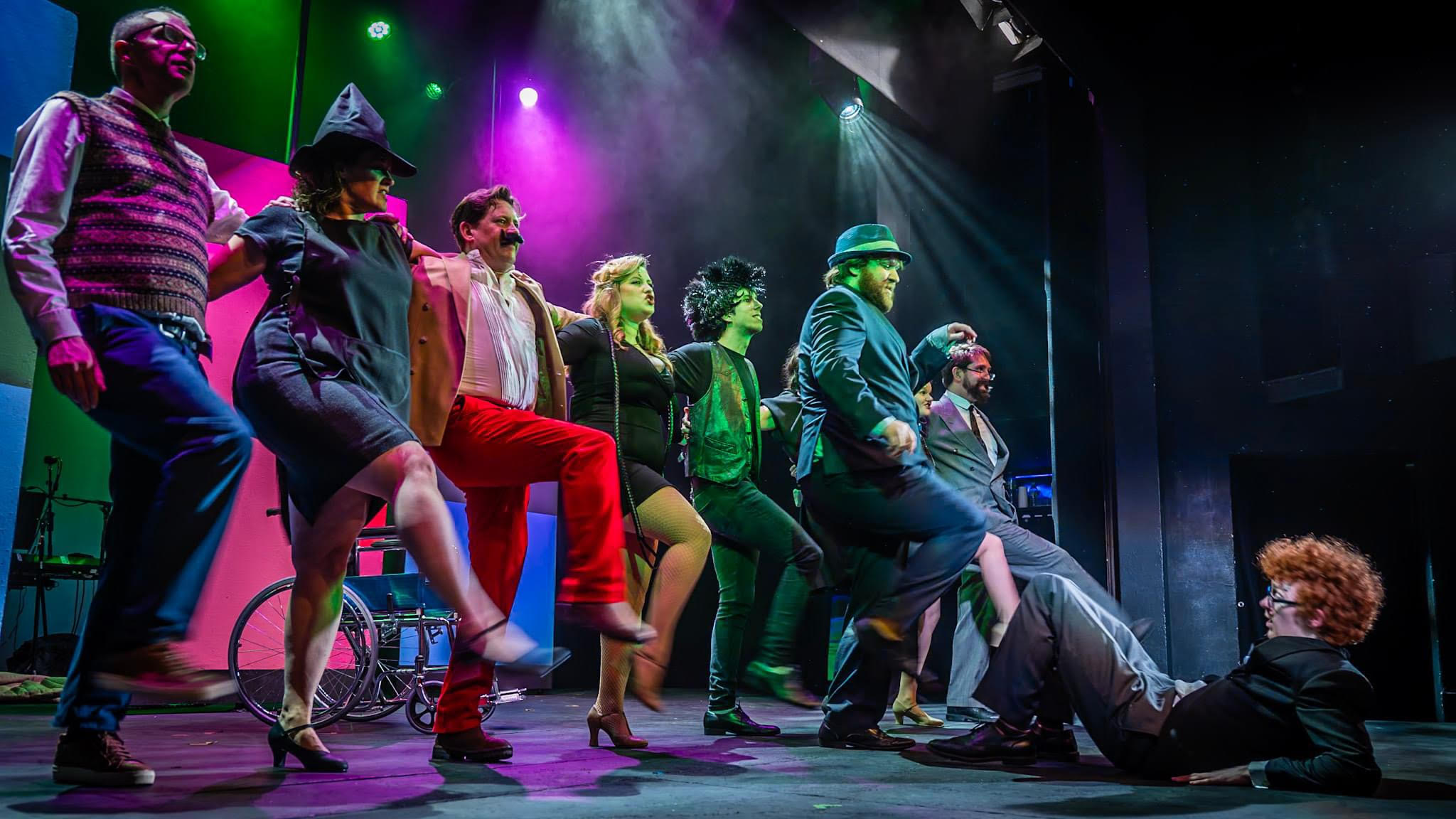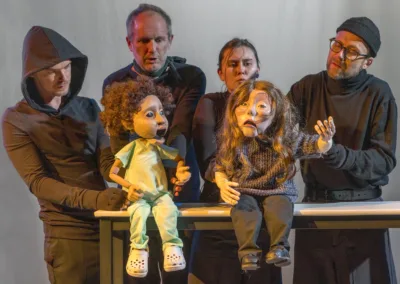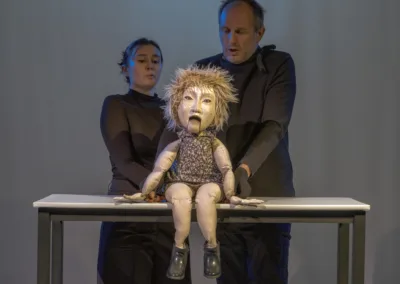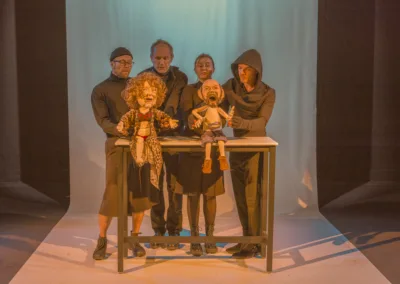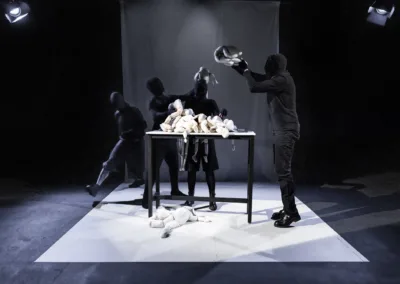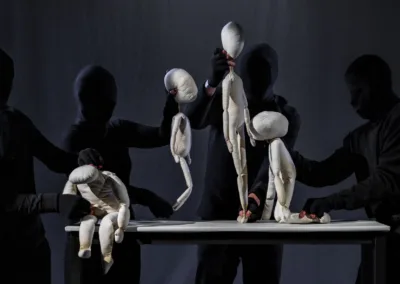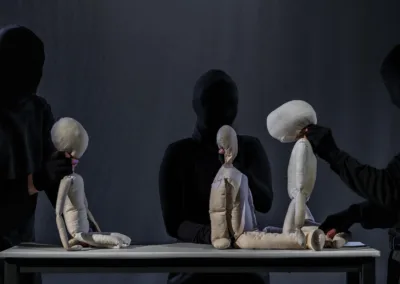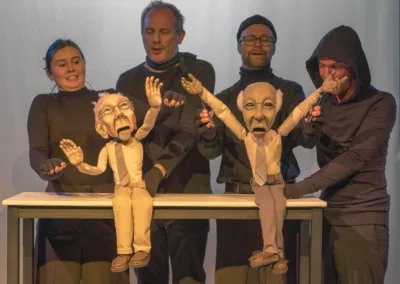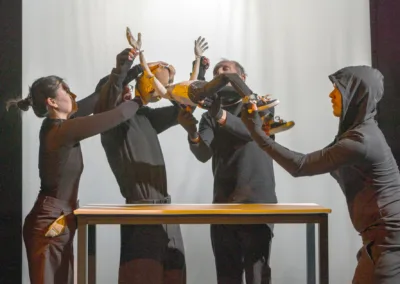
Michael Faber’s 2014 novel was recommended to me by a relation who is both a deeply committed Christian and an academic theologian. He is also a keen reader and he and I often talk about books. Dystopia is more his thing than mine but we have a fair amount of common ground.
I have read Michael Faber before but he is impossible to categorise. The Crimson Petal and the White (2002) and Under the Skin (2000) are very different from The Book of Strange New Things.
Peter Leigh is Christian pastor who is sent to a remote planet called Oasis with a brief to bring Christianity to the inhabitants. It means being parted from his beloved wife Bea who is also an evangelical Christian. On arrival he finds himself living in a reasonably comfortable base (think life on an oil rig or a working arctic camp except that it’s invasively humid) and spending blocks of time with the Oasans who are an hour’s drive away in a quasi reserve. They don’t actually need converting because a mysterious man named Kurtzberg has done the spadework before disappearing. Yes, we’re in Heart of Darkness territory, with a whiff, maybe, of CS Lewis’s Out of the Silent Planet.
Meanwhile, despite being able to communicate via a satellite system called “the shoot” – and whole sections of ths novel are epistolary – the relationship between Peter and Bea begins to fray and then to unravel. Terrible things including natural disasters, war, political corruption and rapidly deteriorating infrastructure, are happening on earth. Peter is billions of miles away trying to build a church, learn a new language, help troubled people and, crucially, deal with his own sexual yearning. Neither is able to empathise with the other.
The Christianity in this novel is presented in such detailed accuracy that for some time I assumed that Faber must be a fervent believer. So I researched him. He is, to my surprise, a self-avowed atheist but he grew up in an evangelical Christian environment. Well yes, this is certainly a writer who fully understands the Christian mindset from the inside. Peter quotes the Bible continually and is creating an abridged version for the Oasan’s who struggle to proounce ‘s’ and ‘t’.

It’s a strong, thought provoking read although I couldn’t quite believe decent, mild-mannered Peter’s back story. Still only 33 he is a convert from a dreadful life of drugs, alcoholism and crime which doesn’t ring true to me. He hasn’t had time for all that dissolute living followed by a massive turnaround which has led to his appointment as a pastor, now with several years of experience under his belt.
The Book of Strange New Things (the title is the Oasans’ name for The Bible) is a long novel. For most of the 550 pages I wondered how on earth (or Oasis) he was going to end it. In fact Faber has clearly wondered that too because the ending is a rather disappointing, open-ended cop out.
The decision to use an invented character system (at a glance a bit like reduced Chinese) system for Oasan pronunciation and language is probably a Marmite issue. When the book was first published some critics thought this a clever idea. I simply found it irritating although it does serve to remind us that the Oasans are certainly not speaking standard English.
Nonetheless I liked it over all. There’s some fine characterisation such as Grainger, the pharmacist with horrors in her earthly background, who provides medication to all who need it and fascinates Peter, for example. Even the beloved cat Joshua, left with Bea and a mini tragedy in his own right, is delightfully depicted.
Next week on Susan’s Bookshelves The Widows’ Wine Club by Julia Jarman



